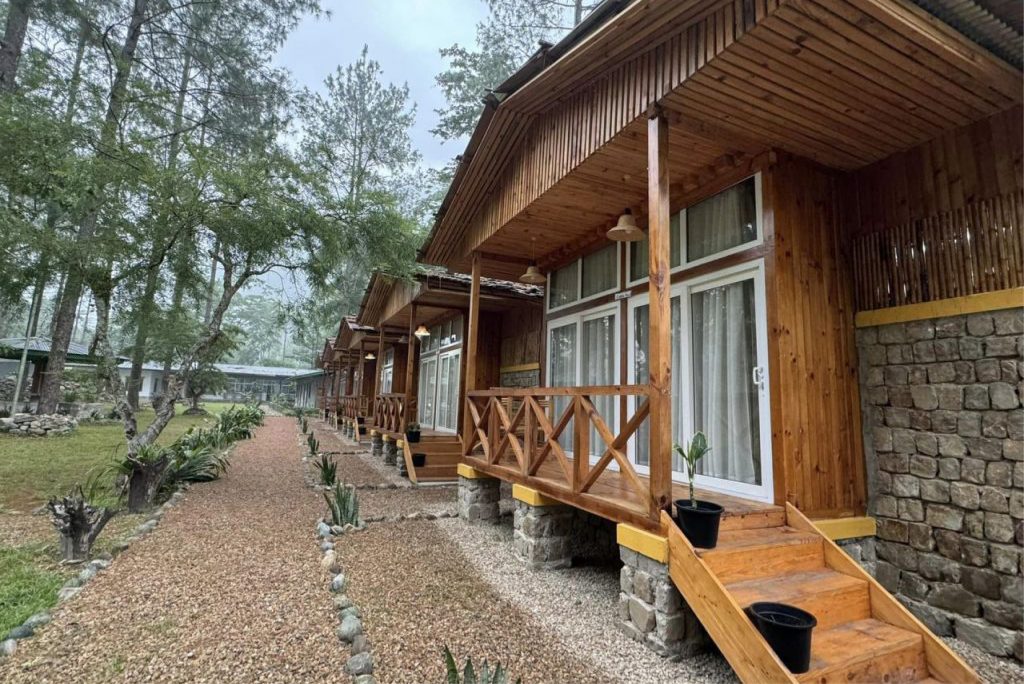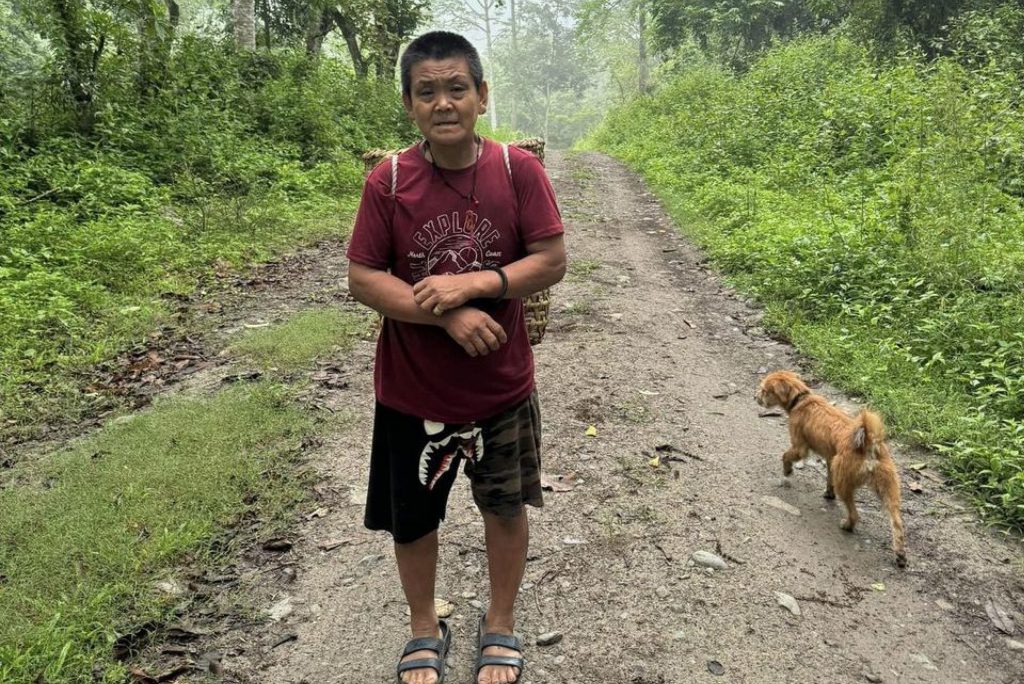In the serene river valley of Mangdechhu in Zhemgang, lies Berti village, a small yet vibrant community deeply associated with the conservation of the White-bellied Heron (WBH). Over the years, Berti has evolved from initial apprehension to embracing the WBH as a symbol of community development and environmental stewardship.
In the early 2000s, the formidable call of the WBH startled the residents of Berti, but they soon recognized it as a harbinger of progress for their village. Recognizing the importance of conserving this majestic bird, the community joined hands with the Royal Society for Protection of Nature (RSPN) in their conservation efforts. Through RSPN’s support, Berti received invaluable assistance ranging from agricultural initiatives to infrastructure development, fostering a sustainable ecosystem while promoting community welfare. Communities were provided with seedlings of vegetables and other crops, piggery and fishery farming, high-value tree sapling plantation, infrastructure development for Ecolodge, and various capacity-building trainings.
At the forefront of Berti’s conservation journey is Ap Dorji, an esteemed member of the community. From his early involvement with RSPN as a Local Conservation Support Group member to nurturing the next generation’s involvement in conservation, his dedication has left an indelible mark on Berti’s landscape. Now, it is not so favouring with his age to continuously monitor the heron. But he feels satisfied, being able to let his daughter pursue a career in terms of operating the White-bellied Heron Ecolodge in the community. Today, he came carrying some fruits from his home to see off his daughter who will be leaving Haa for a week to attend capacity-building training on operating an ecolodge. The training will be provided by RSPN.
𝗕𝗲𝗿𝘁𝗶𝗰𝗵𝗵𝘂
Despite Berti’s efforts, challenges persist, exemplified by the declining WBH population along the Bertichhu river. The tributary river, Bertichhu that flows through Berti village and joins the Mangdechhu river was found to be one of the suitable habitats of WBH. Until 2015, there were two nests sighted along the Bertichhu and they have counted highest of 10 individuals. Sadly, there was a drastic declining of WBH in the area and it is only occasional to sight one or two individuals in the area now. Even the people observed, that the river volume seems to have decreased compared to the past.
𝗪𝗵𝗶𝘁𝗲-𝗯𝗲𝗹𝗹𝗶𝗲𝗱 𝗛𝗲𝗿𝗼𝗻 𝗘𝗰𝗼𝗹𝗼𝗱𝗴𝗲
Run by the community, the Ecolodge intends to create a sustainable model for conservation and serve as a platform to promote environmental awareness and generate income for the local community while safeguarding the future of the WBH. There are eight members, with seven of them are women who are currently running the lodge. They contribute 2% of their income to community and 35% into saving. The infrastructure support to build the ecolodge was supported by various agencies.
𝗕𝗼𝗻 𝗖𝘂𝗹𝘁𝘂𝗿𝗲
According to one of the researchers of the Royal University of Bhutan, the tradition of Bon offering in Berti village is called Berti Karchoed. This offering is an altered version of the earlier practice known as Nakchoed (black offering), which means offering of blood and meat. The present Karchoed (white offering) does not require animal sacrifice. Though RSPN supported the village in providing piggery and fishery farming, in 2015, the village opted to undergo white offering practice which led to abandoned the farming supported. Following years, RSPN ensured they are supported with other alternatives through Agrobiodiversity farming and ecotourism.In Berti, the White-bellied Heron is not merely a bird; it is a symbol of resilience, unity, and hope.


Copyright © 2026 RSPN All Rights Reserved